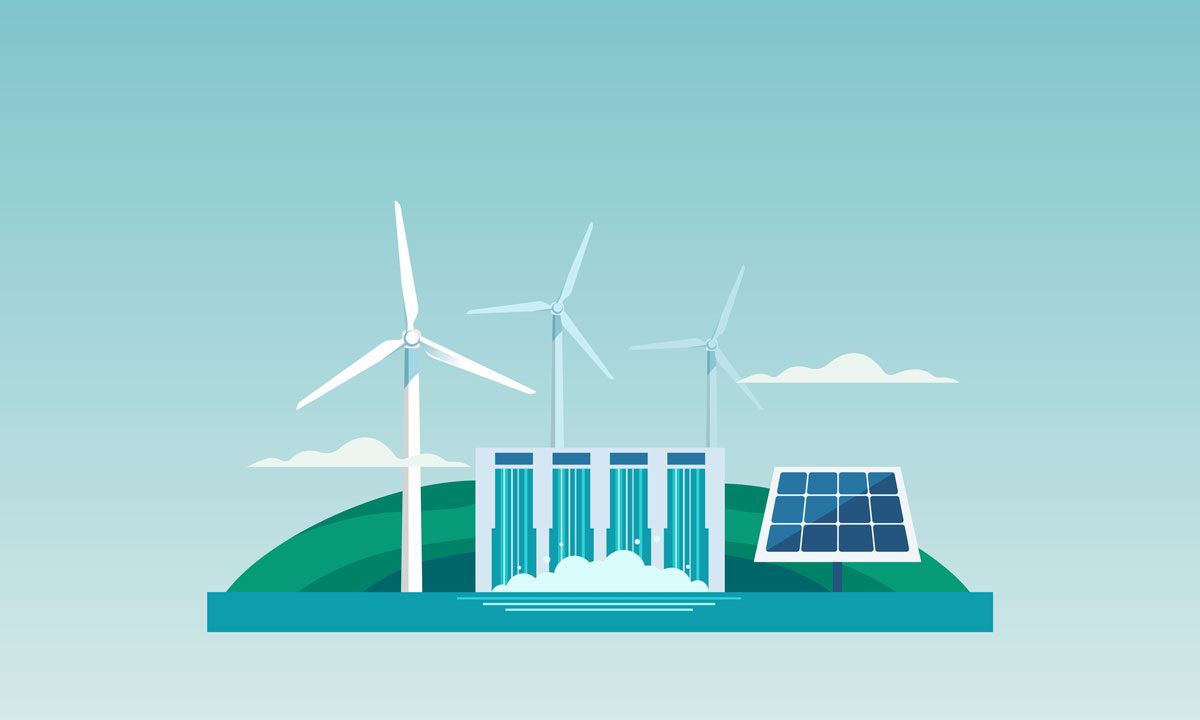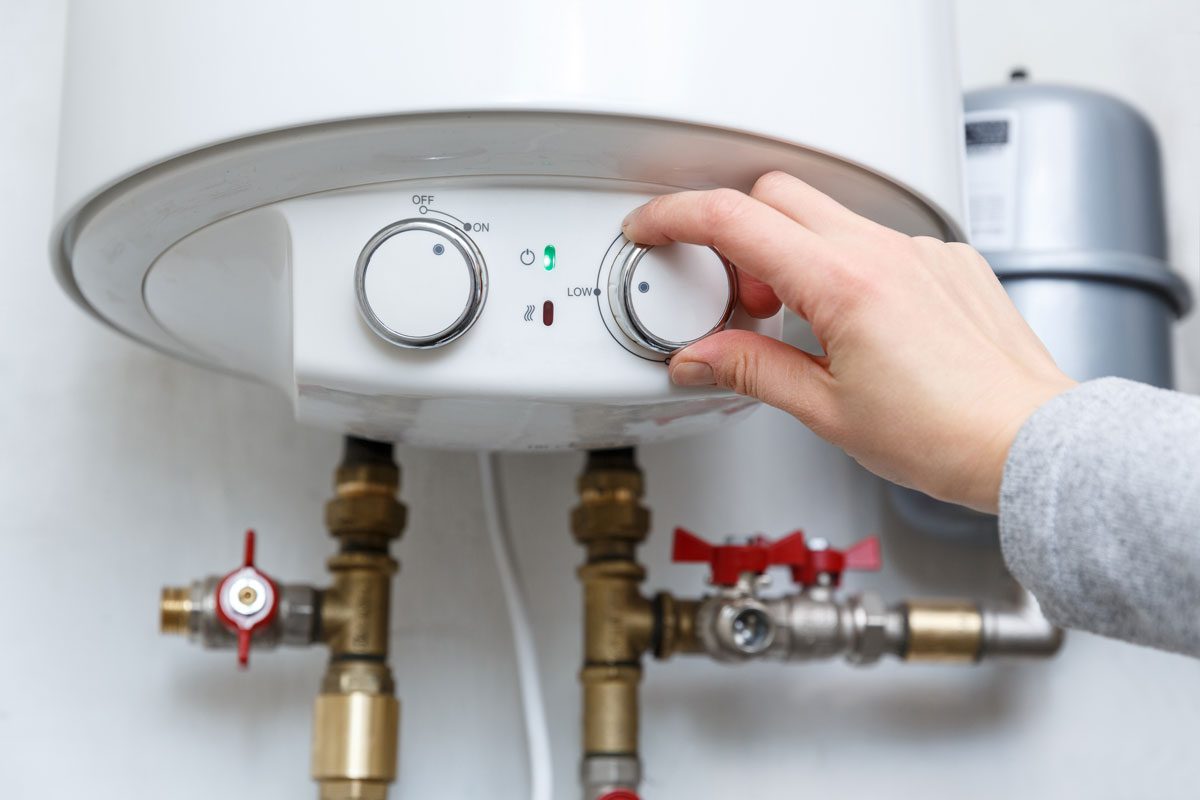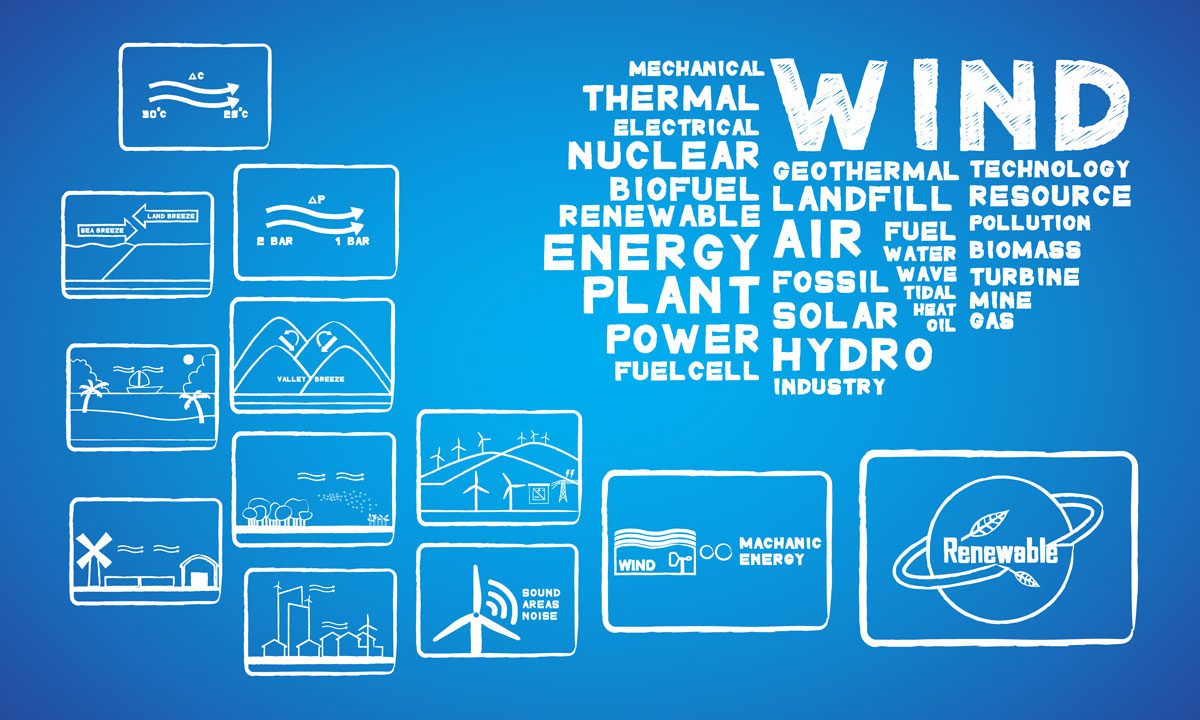Hydronic systems are gaining popularity as efficient and flexible heating solutions for homes. Several heating systems are available to keep your home warm during the winter. In-floor radiant heating and traditional baseboard heating are popular hydronic systems used in many homes.
Unlike conventional systems, hydro-air heating systems combine Hydronics and forced air to heat your home efficiently. If you want to install a new heating system in your home, a hydro-air heating system may be worth your money.
Although they are not as common as other heating systems, they are becoming popular among new homeowners who want to invest in an efficient one. There are several perks to this system. For example, it does not dry the air in your home like traditional furnaces. This article provides a detailed explanation of how the hydro-air heating system works.

What is a Hydro Air Heating System?
A hydro air heating system is a type of forced-air heating system that uses water to heat air. The system consists of a water heater, a pump, and an air handler. The water heater heats water, which is then circulated through the pump and air handler. The air handler then blows warm air into the home.

Hydro air heating systems are more efficient than traditional forced-air heating systems because they use less energy to heat the same amount of space. In addition, hydro air heating systems can be used in conjunction with a central air conditioning system to provide both heating and cooling.
How Hydro-Air Heating Systems Work
The basic mechanism of a hydro-air heating system involves heating water, heating cool air, and forcing the hot air into your home. Conventional furnace heaters use a flame in their air handlers, while hydro-air heating systems use hot water to turn room-temperature air into hot air.
The hydro-air heating system usually has a boiler that heats water using natural gas or propane. Some systems use oil to generate heat to boil the water. After the water heats up in the boiler, the water is pumped through a narrow tubing to the system’s air handler.

The air handler unit in a hydro-air heating system is similar to that in an air conditioner. This air handler unit has several components, including a blower (fan) unit, hot water coil, air conditioning coil, and pump. When the hot water reaches this unit, it heats the heating coil. Afterward, the fan unit carries the room temperature air from your room over the heated coils in the air handler. When the air gets hot, the fan unit pushes the hot air into your room through your home’s duct system.
You can also use a tankless heater instead of a boiler. However, the design for such tankless systems is a bit more complex than boiler units. Tankless systems take a significant amount of time to heat the water and might require a backup tank for hot water if the tankless system does not supply it.
If you use a boiler system, you can use the same boiler for several other heating purposes in the house, like for your washer and shower. The system is also compatible with air conditioning cooling coils. Thus, you can install an air conditioning cooling coil and an outdoor condenser unit to cool your home on hotter days.

Benefits of Hydro-Air Heating Systems
There are several advantages to using hydro-air heating systems. Besides its energy efficiency and eco-friendliness, there are several other advantages to using these systems.
Efficiency
A big upside to these systems is their efficiency. They are considered a more efficient alternative than traditional forced-air furnaces. Older models of forced air furnaces work with water heaters to heat your home, but a hydro-air unit offers a more compact and highly efficient upgrade.
For a more efficient system, consider using a modulating boiler. A modulating boiler varies its energy usage based on how much hot water you need at each moment. The modulating boiler will run at lower energy if you need less water. However, if you turn on more appliances like your dishwasher and other hot-water appliances, your boiler will increase its output to suit your increased demand. Geothermal systems are more eco-friendly heating units. However, they might be space-consuming and expensive. Hydro-air heating systems are the next best efficient alternatives.
Flexibility
A hydro-air heating system provides enough flexibility to mix and match emission heaters in your home. With this flexibility, you can easily “zone” every part of your house and regulate the amount of heat in the different parts of your house.
With this heating system, you can use radiant hydronic floors in your kitchen and other hydronic heaters in other parts of your home. Also, if you build an extension to your house, extending this heating system to other parts of the house is easy, as each unit does not require a separate exhaust or flue pipe. You can also use this system for air conditioning and humidifying your home.
For those in Bend, Oregon, exploring efficient heating solutions, Central Oregon Heating offers a range of services, including installation and maintenance of various systems like hydro-air. Their expertise in heating services ensures your home stays comfortably warm throughout the colder months.
Possible Downsides of Hydro-Air Heating Systems
Hydro-air heating systems might offer some limitations. For example, they would be more effective in smaller and medium-sized homes than in bigger houses. For maximum efficiency, a small home has to be tightly air-sealed and well-insulated. As for larger homes, these systems might not be able to provide enough warmth efficiently.
Also, these systems can be expensive if you do not already have a boiler installed in your home. Also, to run this system in your home, you will require electricity to power the boiler’s ignition and controls. You’ll also need enough space to vent the boiler and a robust gas line that can supply your boiler.
These systems also tend to accumulate debris after a while. Thus, regular inspection is necessary to keep your heating system in great shape.
Hydro Air System vs Heat Pumps
A heat pump and a hydro air system are both types of forced-air heating systems. A heat pump uses an outdoor unit to transfer heat to or from the home, while a hydro air system uses a water heater to heat air that is then circulated through the home.
There are several key differences between these two types of systems. A hydro air system is more expensive to install, but it is also more efficient and can be used for both heating and cooling. A heat pump is less expensive to install, but it is not as efficient and can only be used for heating.
Which type of system is right for your home depends on a number of factors. If you live in an area with mild winters, a heat pump may be all you need. However, if you live in an area with severe winters, a hydro air system may be a better option.
Conclusion
If your priority is building an energy-efficient home, then investing in a hydro-air heating system might be your best bet. This system is certainly a cleaner and more flexible option than older traditional heating systems. Compared to forced air systems, this system and all hydronic systems are more efficient based on their water use to absorb heat than air. The biggest perk of this system is that it is cheaper than the complete hydronic systems but still offers many advantages.
With hydro-air heating systems, you can easily zone your home and get other perks that you don’t get with straight hot air systems. If you are a homeowner looking to install or upgrade your heating system, consider getting a hydro-air heating system.


